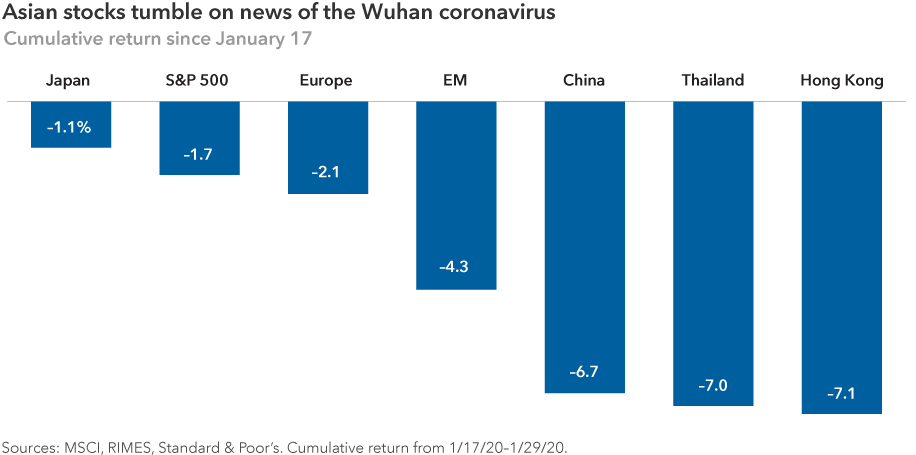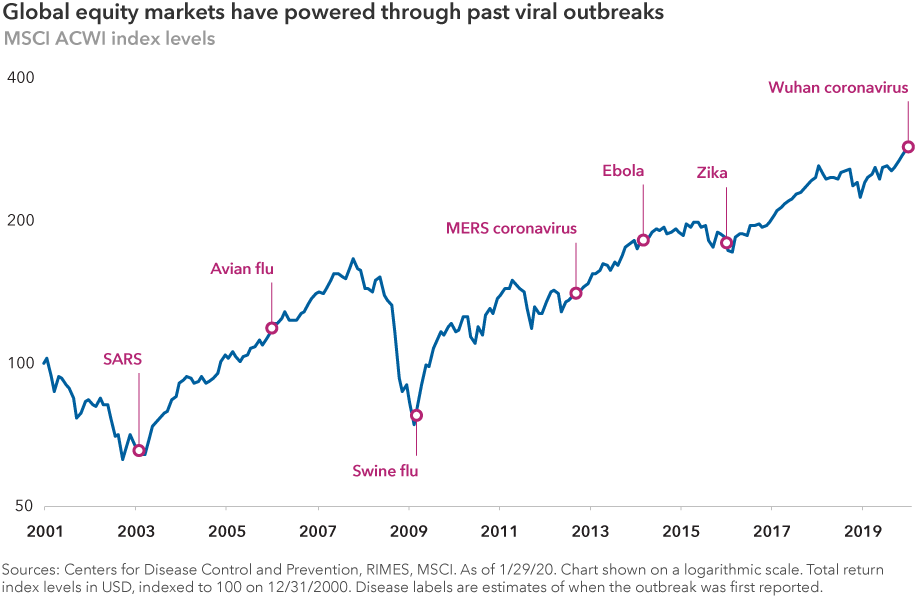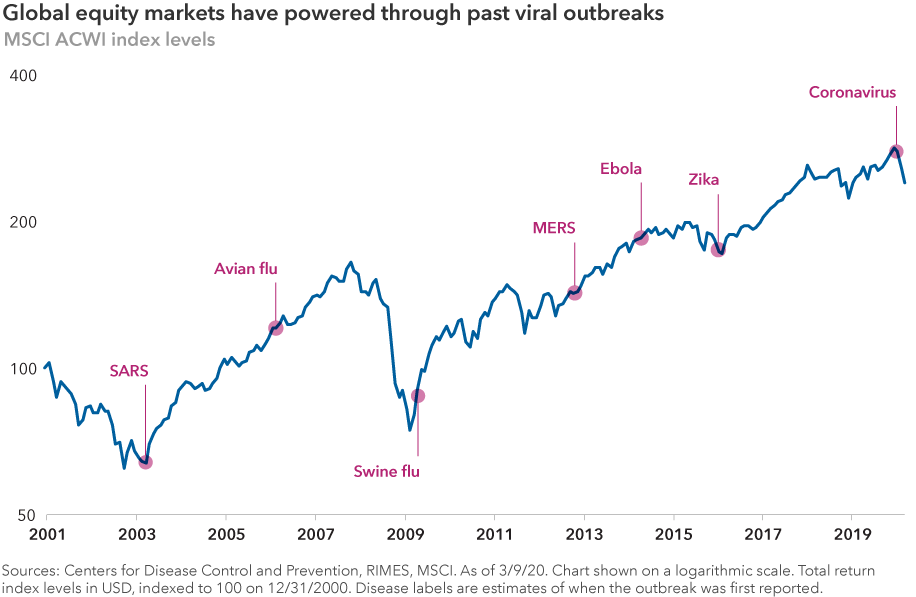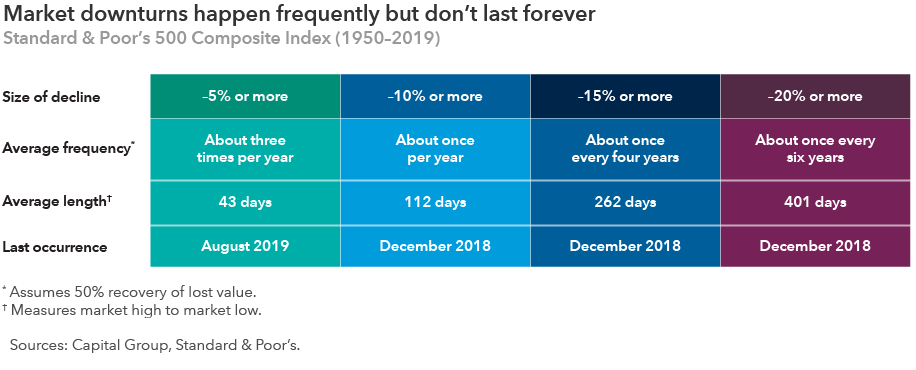
GameStop Gambling
GameStop: A David and Goliath story or a cautionary tale of feverish gambling?
The GameStop David and Goliath story has given us a short break from 2020 doom and gloom. It’s a surprising story of how masses of small amateur investors managed to bid the share prices of three largely-unprofitable companies—GameStop, AMC Entertainment Holdings, and Blackberry—up nearly 1,000 percent, collectively. GameStop alone rose more than 14,300%—a record for a firm whose market share is eroding and which most analysts think is clinging to an outmoded business model. (The company sells video games through bricks-and-mortar retail outlets competing in a streaming internet world.)
The story was allegedly about David (the small investors) pitted against Goliath (several prominent multi-billion-dollar hedge funds). The only reason you heard about it is that the small investors won and nearly put the hedge funds out of business.
The GameStop short squeeze: a pessimistic gamble
Market professionals recognize the story as a classic short squeeze. Investors on one side (in this case, the hedge funds) borrow the stock of companies they think are overpriced, expecting to buy them at a discount after the price falls. They pocket a quick profit. These short sales have an expiration date, so if the stocks unexpectedly rise in price, the short-sellers have to scramble to buy the stock at the inflated price to limit their losses.
On the other side of the gaming table were a group of amateur investors who engage in online conversations on subreddit r/wallstreetbets, who ganged up to raise each others’ bids. When the hedge funds had to buy to close out their positions, the share prices went through the roof. The hedge funds, meanwhile, lost an estimated $5 billion on their bets. Roughly $1.6 billion on January 29, when GameStop’s stock jumped 51%.
The financial media neglected to mention that this activity is not investing; instead, it is a form of gambling, and the story tells us a great deal about the mindset of many retail investors these days.
When their goal is to make bets and destroy other gamblers at the table, the game for everybody else becomes increasingly dangerous. Take a look at the past six months of GameStop’s stock price and see if you can pinpoint when the gamblers started taking an interest.
GameStoppers take note: the gambler always loses
Toward the end of every bull market cycle, there is an invisible line crossed. The public starts to look at the stock market, not as participation in the growth and profits of public enterprises, but as a roulette wheel where the ball keeps stopping at a higher price. These shareowners cease to be long-term investors and bid prices up- not based on the underlying value of the companies- but on the expectation that whatever you buy, at whatever price, someone else will come along and pay even more.
Of course, markets only work that way for a short time, typically at or around market tops. Eventually, the share prices of GameStop, AMC Entertainment Holdings, and Blackberry will return to something that more closely resembles the real value of the actual company. Long-term investors have tended to win the kitty over every past historical time period. Gamblers have seen their short-term winnings evaporate in the ensuing bear market. The jubilant traders on subreddit r/wallstreetbets can enjoy their winnings today, but it may not be long before they’re counting their losses and wishing they hadn’t gambled away the money they could’ve used to buy shares when they finally go on sale.
Are you on track for retirement?
Making sure you will be ready for retirement can be overwhelming. Funding your retirement accounts over the years is a critical part of your journey to the retirement of your dreams. An experienced Financial Advisor can help you navigate the complexities of investment management. Talk to a Financial Advisor>
Dream. Plan. Do.
Platt Wealth Management offers financial plans to answer your important financial questions. Where are you? Where do you want to be? How can you get there? Our four-step financial planning process is designed to be a road map to get you where you want to go while providing flexibility to adapt to changes along the route. We offer stand alone plans or full wealth management plans that include our investment management services. Give us a call today to set up a complimentary review. 619-255-9554.













